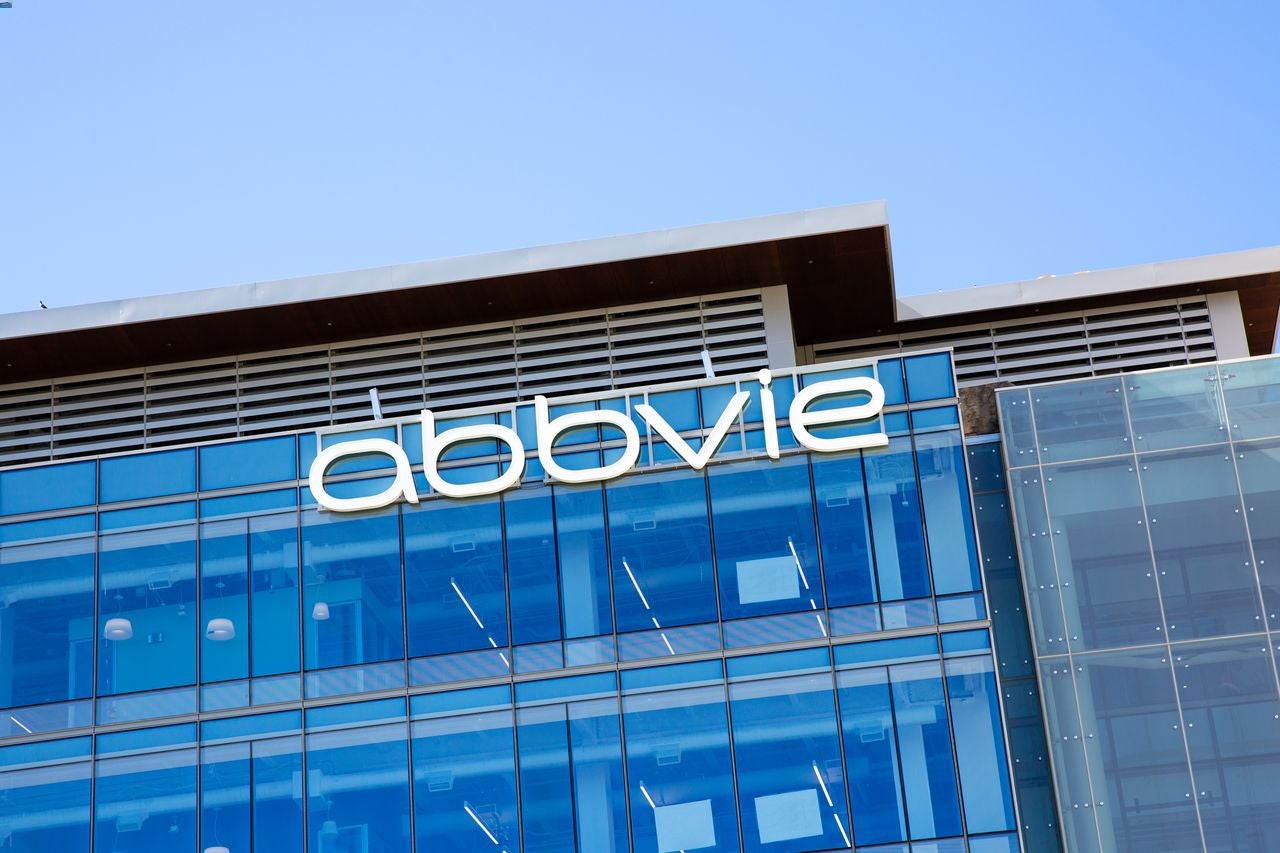At the American Academy of Neurology (AAN) 2023 Annual Meeting, AbbVie presented new data evaluating Qulipta (atogepant) for the preventive treatment of episodic migraine in people who had previously failed two to four classes of oral preventive medications. The Phase III randomised, double-blind, placebo-controlled, parallel-group ELEVATE (NCT04740827) study involved 309 participants who suffer up to 14 migraines per month. This data highlights that Qulipta can reduce the monthly migraine days in patients who have discontinued oral migraine prophylaxis medication due to a lack of efficacy or tolerability.
Due to the absence of a curative treatment for migraine, patients with frequent and severe forms of the disease are often managed with the use of oral preventive treatments; this type of treatment aims to reduce the frequency, severity, and duration of attacks. As such, preventive treatment is considered an additive to acute migraine therapy and minimises the risk of medication overuse headaches associated with non-steroidal anti-inflammatory drugs and triptan treatment.
Beta-adrenergic receptor blockers, antidepressants, and anti-epileptics are all drug classes used in the prevention of migraines; however, only a few are specifically approved for the treatment of migraines, with the remainder prescribed off-label. Some of these oral preventive treatments have been associated with potential adverse events (AE) or are contraindicated, which may interfere with concurrent conditions and treatments; for example, amitriptyline is associated with a high risk of increasing weight and should not be prescribed to people concerned with weight gain. Therefore, when taken daily, these drugs cause various AEs that often cause patients to discontinue treatment.
Furthermore, key opinion leaders (KOLs) previously interviewed by GlobalData reported that low efficacy of oral preventive treatment was common among patients, meaning that patients often cycle through the different drug classes of oral preventive treatments. However, since receiving FDA approval in September 2021 for preventive treatment of episodic migraine, Qulipta, a small molecule calcitonin gene-related peptide (CGRP) antagonist belonging to the gepant drug class, has captured patient share from the oral preventive treatments.
In the ELEVATE study data presented at the AAN 2023 Annual Meeting, 56% of participants had previously trialled exactly two drug classes of preventive medication and 44% had trialled three or more classes of preventive medication, which were discontinued due to a lack of efficacy or tolerability reasons. In the study participants, the most common preventive treatments used were topiramate, tricyclic antidepressants, and beta-adrenergic receptor blockers. The results indicated that patients who received 60mg Qulipta daily experienced a decrease of 4.20 days in the mean monthly migraine days across the 12-week treatment period, which was statistically significantly greater than the 1.85 days reduction observed in the placebo arm. Additionally, there was a reduction in monthly acute medication use days in the Qulipta arm compared with placebo.
Qulipta competes with monoclonal antibodies (mAbs) against CGRP, which first received FDA approval in 2018. These anti-CGRP mAbs are specific for migraine treatment and have been shown to be effective at headache prophylaxis, with good tolerability in patients. Furthermore, the mAbs have a long duration of action and can be injected either once per month or once every three months. However, KOLs indicated accessibility concerns regarding these mAb products due to the need for a neurologist to prescribe mAbs and to the long wash-out period, which is unfavourable for patients who need to terminate the treatment immediately due to a stroke, heart attack, or the intention to become pregnant. The Beta-adrenergic receptor blockers, antidepressants, and anti-epileptic drugs are likely to remain as the first line of treatment for migraine prevention as they are widely available generic versions, with payers’ and physicians’ preference being to prescribe cheaper orally administered alternatives when possible. However, Qulipta targets the pathophysiology of migraine and has demonstrated efficacy in patients that have failed treatment with the typical oral preventives. Furthermore, it provides a convenient oral route of administration that is likely to be favoured among primary care physicians and is ideal for patients with needle phobia who oppose CGRP mAb treatment.

US Tariffs are shifting - will you react or anticipate?
Don’t let policy changes catch you off guard. Stay proactive with real-time data and expert analysis.
By GlobalDataMoreover, last week, the FDA expanded the approval of Qulipta to include the preventive treatment of chronic migraine adults who experience 15 or more migraines per month. This grants Qulipta a competitive edge over its rival gepant, Pfizer’s Nurtex (rimegepant), which is approved as an acute treatment of migraine and as a preventive treatment for patients with up to 14 migraines only.





